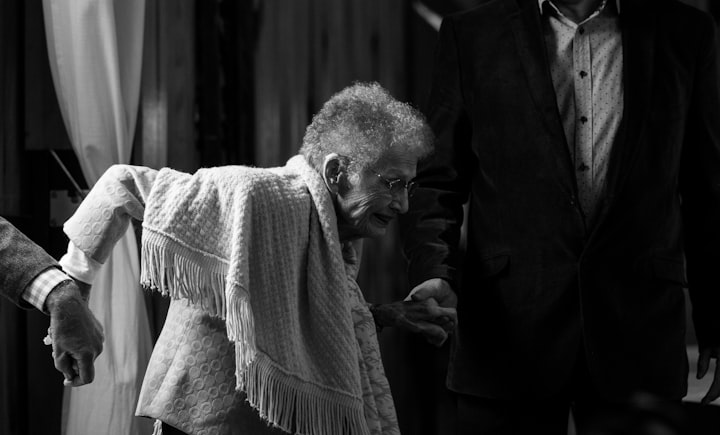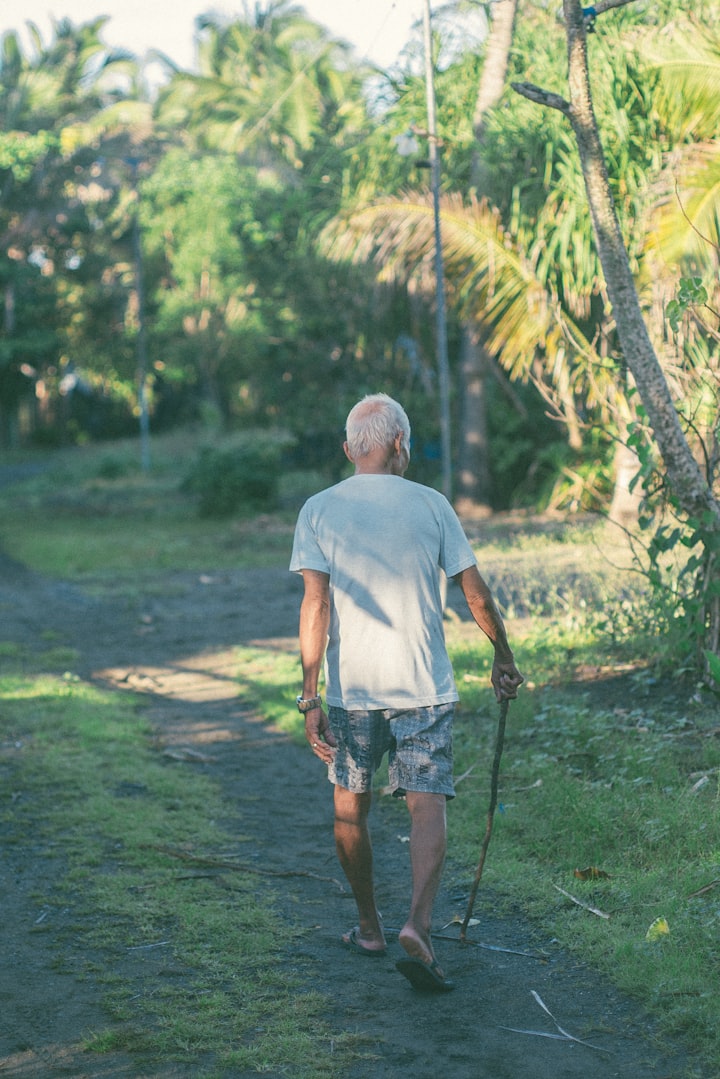When assessing the risk of falling during a home visit, clinicians ask themselves a few key questions that form the consumer's treatment strategy through an SOS pendant for the elderly. What are the biological and psychological risks? What environmental factors can contribute to falls? Has the individual dropped in the past? How serious will the injuries be if this individual fell?
Unfortunately, a customer who suffers from debilitating pain was having a lot of slips. She refused to get out of bed: she would get up, stand, and then collapse. Her medications sometimes left her dizzy. We decided that a hospital bed could be a viable option. A hospital bed allowed her to change the angle of the bed, raise the head of the bed, and then be eased out by her caregiver. The two of them worked together to get her out of bed. The hospital bed enables her to take her time to monitor her posture, and it has spared her from several crashes.
Assistance is Always Ready
The most well-known advantage of a personal alarm is that it offers urgent assistance when your elderly relatives need it. If an injury occurs, they may be able to contact someone who will assist them at the click of a button of an SOS pendant for the elderly. This ensures that the ageing loved ones are constantly watched for injuries.
Cost-Effective
Purchasing a personal alarm is much less expensive than sending your ageing loved one to a home care center. Most service providers can also provide you with several payment plans so that you can better handle your finances. Although human treatment is still the best option for seniors, personal alarms are a great way to ensure their safety while living separately.
Peace of Mind
It is typical for family members to be concerned about senior relatives who live far away. This is due to the possibility of elderly people being harmed when practising self-sufficiency. However, with a personal alarm system, you will have peace of mind ensuring that support and assistance are available for your senior relatives 24*7. When an elderly family member decides to live alone, this will alleviate the depression and anxiety.
We had to observe and consider multiple danger areas in order to make this recommendation:
Biological Risks:
· Mobility problems due to muscle weakness, age or underlying diseases
· Arthritis
· Vision
· Sensation in our feet - Many elders have neuropathy, and their feet can become numb or tingle.
Behavioral Risks:
· Inactivity - Inactivity can be the result of pain from the above biological risks.
· Medications - We caution people about the risks of prescription pain medication. Sometimes these medications can be extremely sedating, and that can make people not aware of their surroundings.
· Alcohol - There are some consumers who enjoy a glass of wine with their meal. We want consumers to enjoy full and healthy lives, and part of that means understanding how alcohol may impact safety risks.
Environmental Risks:
The most preventable fall risks are environmental. Care Managers conduct a home assessment to make sure these areas are explored and the issues are addressed.
· Clutter - Many elders are not able to lift or pick up after themselves as they used to, so the clutter can build.
· Visibility - Poor lighting can compound already failing vision.
· Clearance - Evaluate whether there is enough space for the individual to travel with their cane, walker or wheelchair. Pay special attention to exits and entrances, making sure that in the event of an emergency, those pathways are clear.
· Floors - If scatter rugs do not have rubber backing on them, they can fly out from under you. Also, be careful with the type of floor cleaner you use.
· Lack of safety equipment - Care managers might make recommendations for replacements of items like grab bars, railings, rubber bath mats or shower chairs.
There are many considerations when managing fall risks, so it is important that the care team, caregiver and consumer work together. When all these pieces are in place, the fall risk is reduced.
About the Creator
Amit Kr
Hi I am Amit Kr from India. I love writing on various topics. I love nature, music, pets and weekend traveling.







Comments
There are no comments for this story
Be the first to respond and start the conversation.